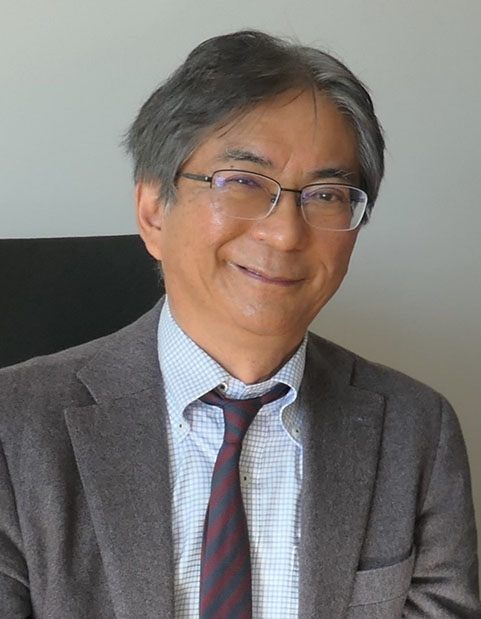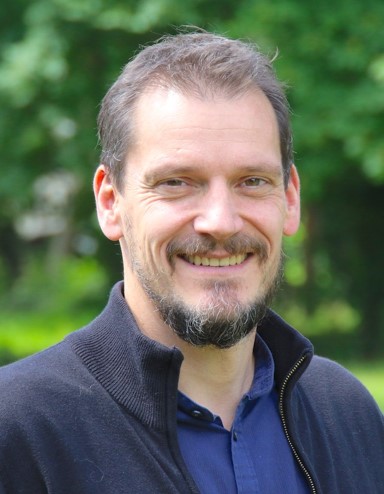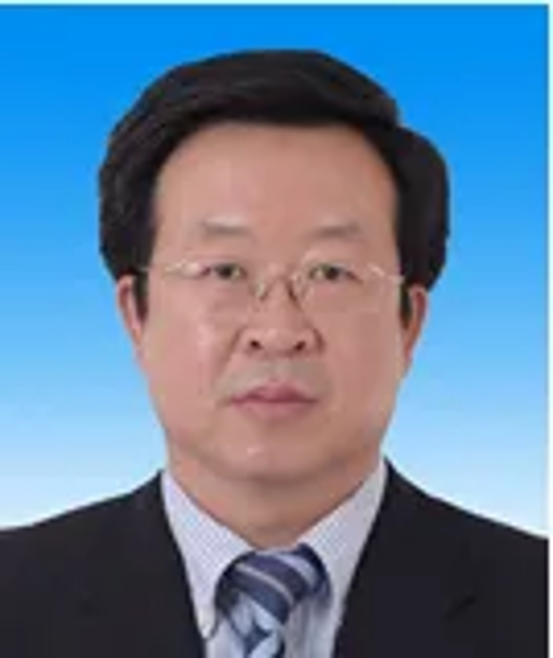

|
Presentation Title "Fundamental of Kalman filter and its industrial applications"Biography Shuichi Adachi received B.E., M.E., and Ph.D. degrees in Electrical Engineering from Keio University, Yokohama, Japan, in 1981,1983, and 1986, respectively. From 1986 to 1990, he was a research member of Toshiba Research and Development Center, Kawasaki, Japan. From 1990 he was an Associate Professor in the Department of Electrical and Electronic Engineering, Utsunomiya University, Japan. From 2002 to 2006, he was a Professor in the same department. Between 2003 and 2004, he was a visiting researcher at the Engineering Department of Cambridge University, UK. In 2006, he joined Keio University, Yokohama, Japan, as a Professor with the Department of Applied Physics and Physico-Informatics. From 2023, he became emeritus professor in Keio University. His research interests include system identification, model predictive control, Kalman filter, and control application to industrial systems. He is a member of IEEE and a Fellow of the SICE. |
 |
Presentation Title "Deep Learning-based 3D Object Detection in Autonomous Driving, a review"Biography Prof. Vincent Frémont received the M.S. degree in automatic control and computer science from the Ecole Centrale de Nantes, France, in 2000 and the Ph.D. degree in automatic control and computer science from the Ecole Centrale de Nantes, France, in 2003. From 2005 to 2018, he was an Associate Professor at the Université de Technologie de Compiègne (UTC) within the Heudiasyc Lab, UMR CNRS 7253. Since 2018, he is a Full Professor at Ecole Centrale de Nantes within the ARMEN team at the LS2N Lab, UMR CNRS 6004. His research interests belong to perception systems and scene understanding for autonomous mobile robotics with an emphasis on 3D vision, deep learning and multi-sensor fusion for self-driving cars. He has co-authored more than 80 papers in refereed journals and conference papers. |
 |
Presentation Title "Manufacturing with control of residual stress"Biography Professor Chunguang Xu created manufacturing theory and method with controlof residual stress. The progressive manufacturing technologies such as welding, additive, cutting, casting and bending with control of residual stress were developed, which systematically made the revolutionary leap for machining accuracy and retention ability of mechanical components. Multidimensional precision ultrasonic detection technologies had been created, meanwhile, ultrasonic testing advanced from two-dimensional to multidimensional, from qualitative to precise were made, and the great-leap development of ultrasonic testing technology for variable curvature and composite components systematically realized. Manyin-situ testing technology of material properties have been innovated, and the technical standard system and national benchmark of ultrasonic testing of material properties were established, which made the essential technical leap forin-situ nondestructive testing and evaluation of service performance of large components. |